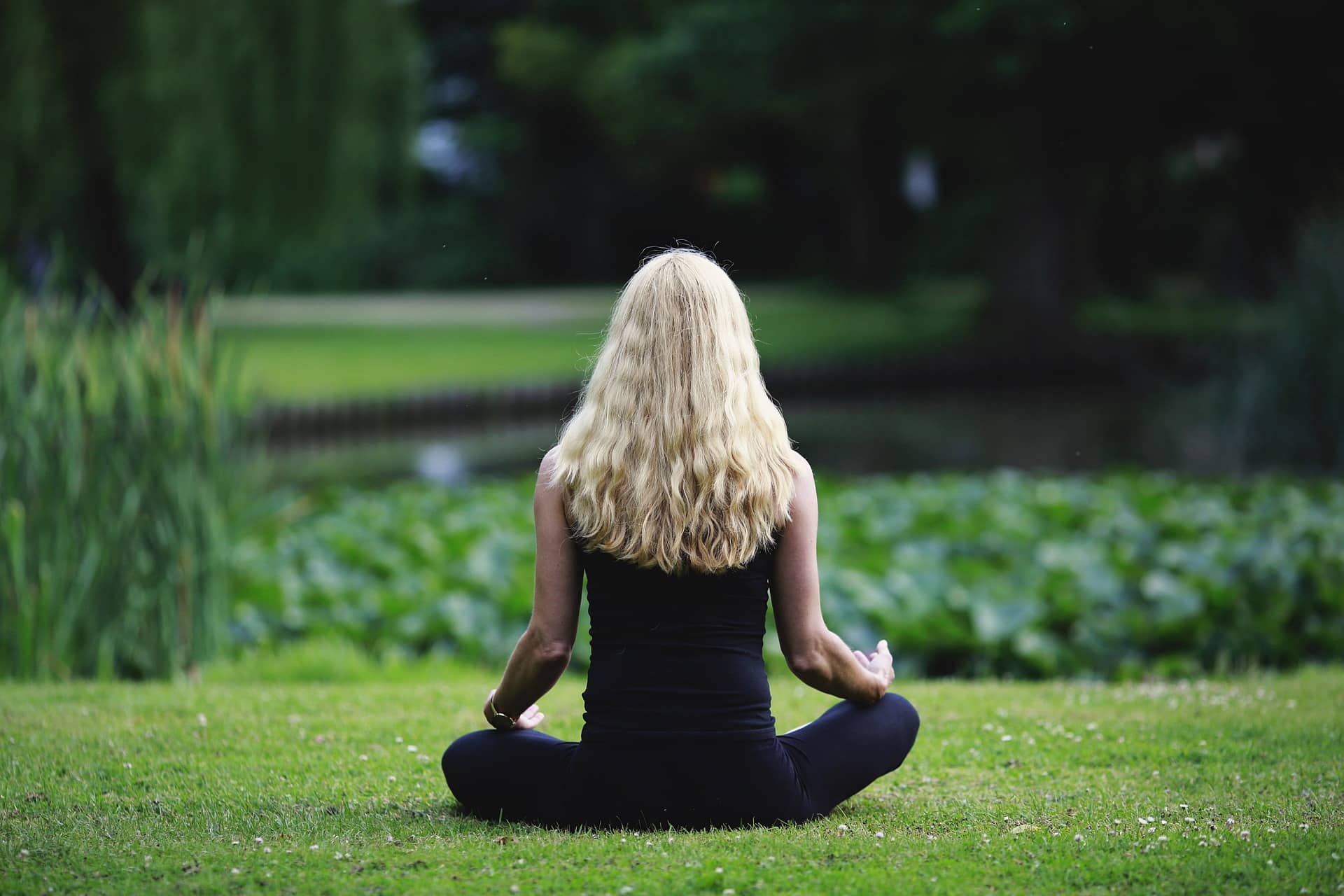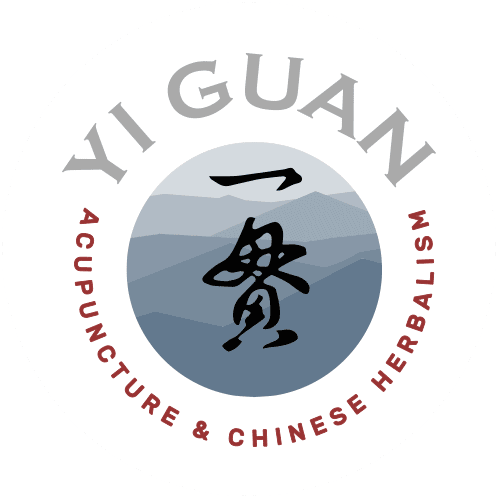FAQ

Common Questions – Mind-Body Practices
Here are answers to the frequently asked questions mind-body practitioner Dr. Perez gets about tai chi, qigong and meditation. If your question is not below, please ask Dr. Perez and he will get back to you promptly with the answer.
Who is Dr. Perez?
Dr. Dan Perez is both a Western-trained physician and a graduate of the AOMA Graduate School of Integrative Medicine. Based in Austin, Texas, AOMA is recognized as one of the leading schools in Chinese Medicine. Being both an expert in Western medicine and Chinese medicine, Dr. Perez offers his patients natural, minimally invasive and integrative medical options for treating a variety of chronic medical conditions.
Let's get started!
This could be the most important step you take in your health journey. Schedule a consultation now, or complete the short form and let's connect.
Free 15-min Consultation
Phone
NEW Location
Yi Guan Acupuncture and Chinese Herbalism
11614 Bee Caves Road, Suite 230,
Austin, TX 78738 (directions)
